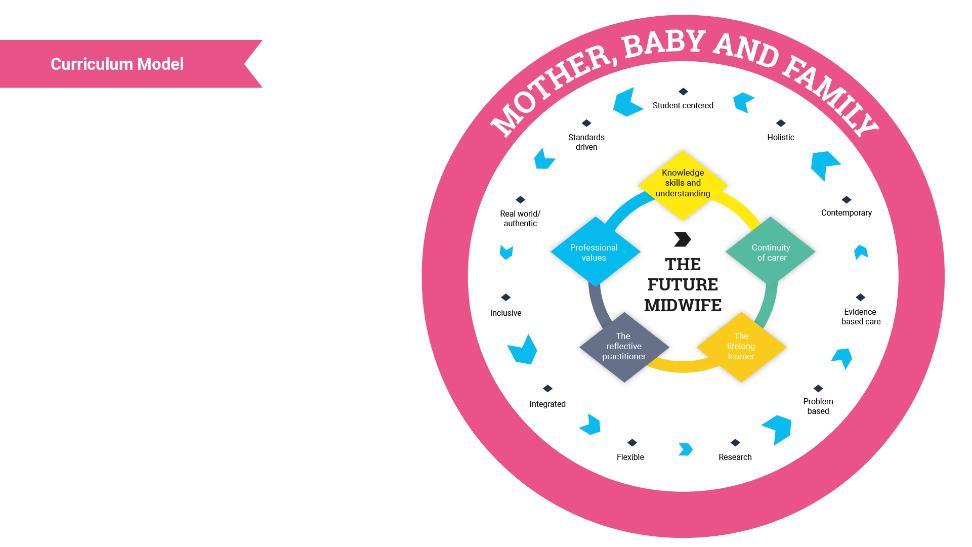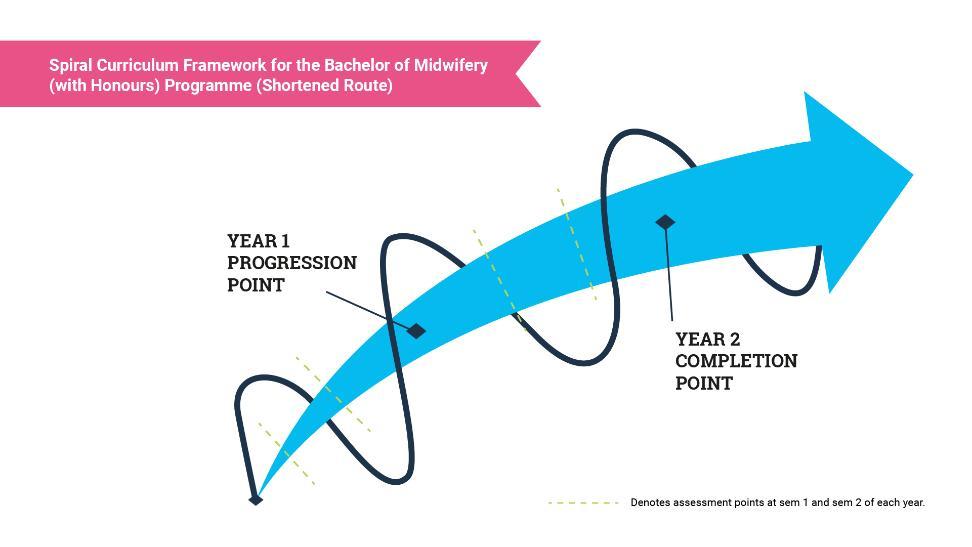This two-year programme for existing registered adult nurses, prepares you to transfer your existing nursing skills, and enables you to practise safely and effectively as a midwife. It is approved by both the University of Wolverhampton and the Nursing and Midwifery Council (NMC) so that when you graduate you are eligible to apply for dual registration as a nurse and midwife on the NMC professional register.
We will provide educational opportunities which are student-focused, and driven by the needs of the mother, her baby, wider family and community. The Bachelor of Midwifery course has been designed to build upon your individual strengths, supporting you to become a professional and motivated midwife.
Our programmes include a strong focus on current public health priorities, the care of vulnerable groups, and the increasingly complex health needs of childbearing people. This two-year programme prepares you to practise safely and effectively as a midwife.
The programme will enable you to deliver and lead evidence-based care for families and babies, working in partnership with multi-disciplinary teams and reflecting the requirements of the ‘Standards of Proficiency for Midwives’ (NMC, 2019).
This includes:
- optimising physiological processes and wellbeing
- providing a first-line response to, and management of complications
- supporting women and newborn babies with additional care needs
The programme reflects a student-centred approach to education with an emphasis on active learning, developing your leadership competencies, research awareness, professional reflection and critical thinking in preparation for you to assume autonomous practice within the maternity services. The programme develops existing strategies to further promote professional flexibility and personal wellbeing, with a focus on life-long learn
INTAKE: September
WHERE: Walsall Campus ing.


/prod01/wlvacuk/media/departments/digital-content-and-communications/images-18-19/iStock-163641275.jpg)
/prod01/wlvacuk/media/departments/digital-content-and-communications/images-2024/250630-SciFest-1-group-photo-resized-800x450.png)
/prod01/wlvacuk/media/departments/digital-content-and-communications/images-18-19/210818-Iza-and-Mattia-Resized.jpg)
/prod01/wlvacuk/media/departments/digital-content-and-communications/images/Maria-Serria-(teaser-image).jpg)
/prod01/wlvacuk/media/departments/digital-content-and-communications/images-2024/241014-Cyber4ME-Project-Resized.jpg)
/prod01/wlvacuk/media/departments/digital-content-and-communications/images-18-19/210705-bric_LAND_ATTIC_v2_resized.jpg)


